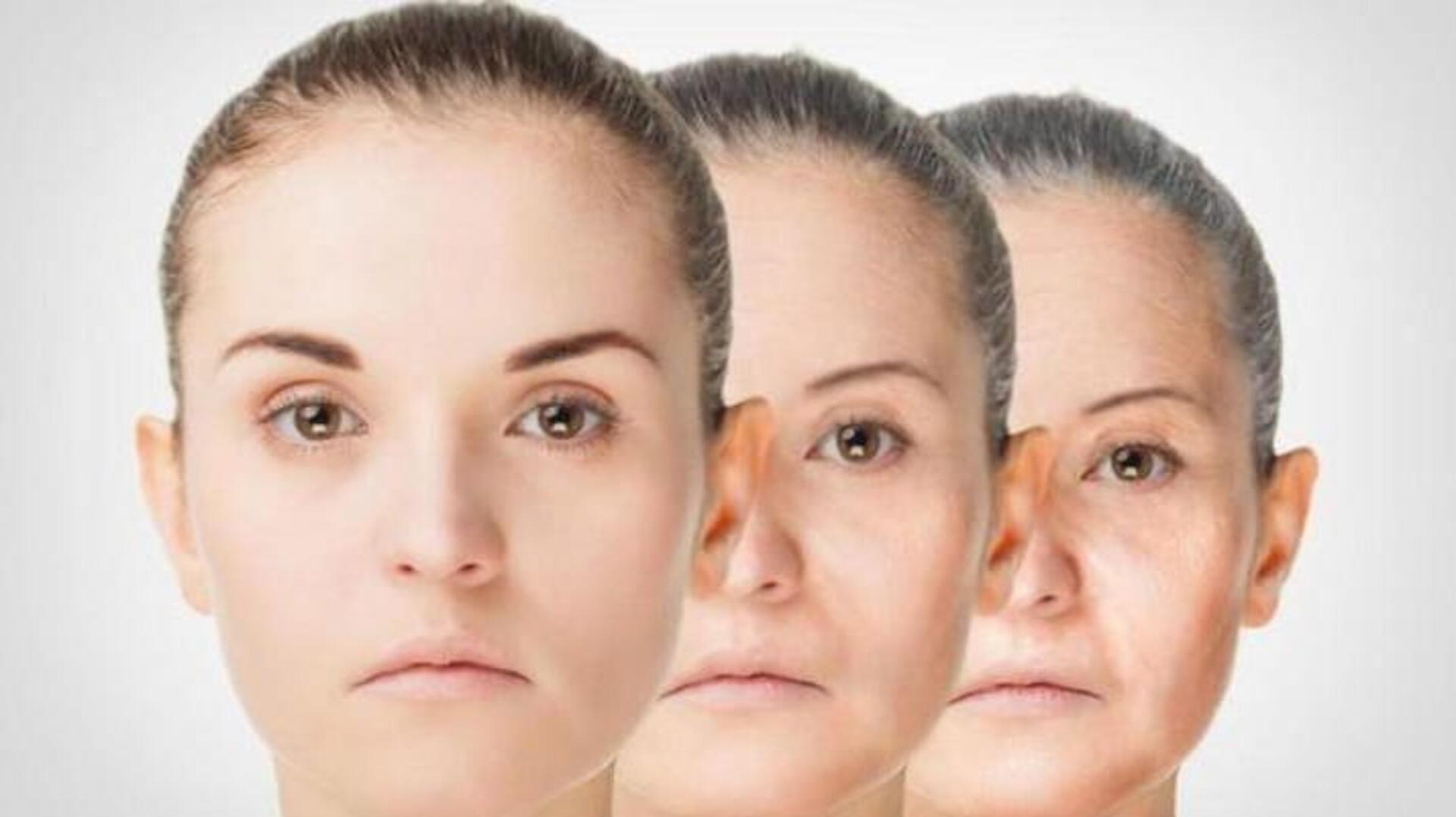
Chemical cocktail to AI drug: Latest discoveries on anti-aging
What's the story
One of the key arms of research revolves around understanding aging and its effects. Although so far there is no specific drug that can undo the effects of aging, there are several noteworthy studies that have cropped up in recent times that may soon yield promising results. Here we take a look at some of those investigations.
1
Harvard researchers claim to have found age-reversing 'chemical cocktails'
This month, a scientific paper published by the renowned Harvard Medical School reveals that a mix of chemicals could reverse cellular aging within a week. According to the study, which is published in the journal Aging, this is the "first chemical approach to reprogram cells to a younger state." "Previously, this was only achievable using a powerful gene therapy."
Findings
The research focussed on tuning the expression of certain genes
The team's research was based on tuning the expression of certain genes, called Yamanaka factors, which could turn adult cells into induced pluripotent stem cells. Pluripotency is the ability to form any type of cell found in the human body. Yamanaka factors were discovered by Shinya Yamanaka and Sir John B. Gurdon. The discovery fetched them the Nobel Prize in 2012.
Previous work
The goal was to find chemical alternative to gene therapy
Previously, researchers have shown Yamanaka factors can improve vision in mice and monkeys with damaged optic nerves. The process involved inserting Yamanaka factors into the test species using a virus. However, this method has its own complications and is expensive as well. The aim was to find an alternative to gene therapy using chemicals and that's what Harvard researchers claim to have done.
Study
The 'chemical cocktails' could restore key protein
The Harvard researchers screened molecules that could work in tandem to "reverse cellular aging and rejuvenate human cells." They developed a system that could distinguish young cells from old and senescent cells. This involved looking at the real-time rates of nucleocytoplasmic protein compartmentalization (NCC). Finally, researchers found six chemical cocktails or chemical combinations that could restore NCC, making cells younger again.
Note
The study is still in its primitive phase
What's impressive is that these chemical cocktails are claimed to achieve anti-aging effects in record time—in less than a week. However, it is important to note this Harvard study is based on testing human cells in the lab. The experimentation has not progressed to trials on animal models as yet and stands even further away from human trials.
2
Another study used AI to find potential anti-aging molecules
Earlier this month, another innovative study related to anti-aging came to light. A group from the University of Edinburgh and the Spanish National Research Council said they found three "most powerful" molecules that could slow down aging. The three molecules serve as promising candidates for senolytic drugs, which work against senescent cells. Interestingly, the team made use of AI in their drug discovery process.
3
This startup aims to use medical rejuvenation to fight aging
Altos Labs, a biotech start-up based in Silicon Valley, is also working to fight off the effects of aging. The firm was granted $3 billion as its seed fund. Their work relies on what's called 'medical rejuvenation' that could make cells young again. This medical procedure involves altering the 'epigenome,' which are chemical markers that control gene expression.